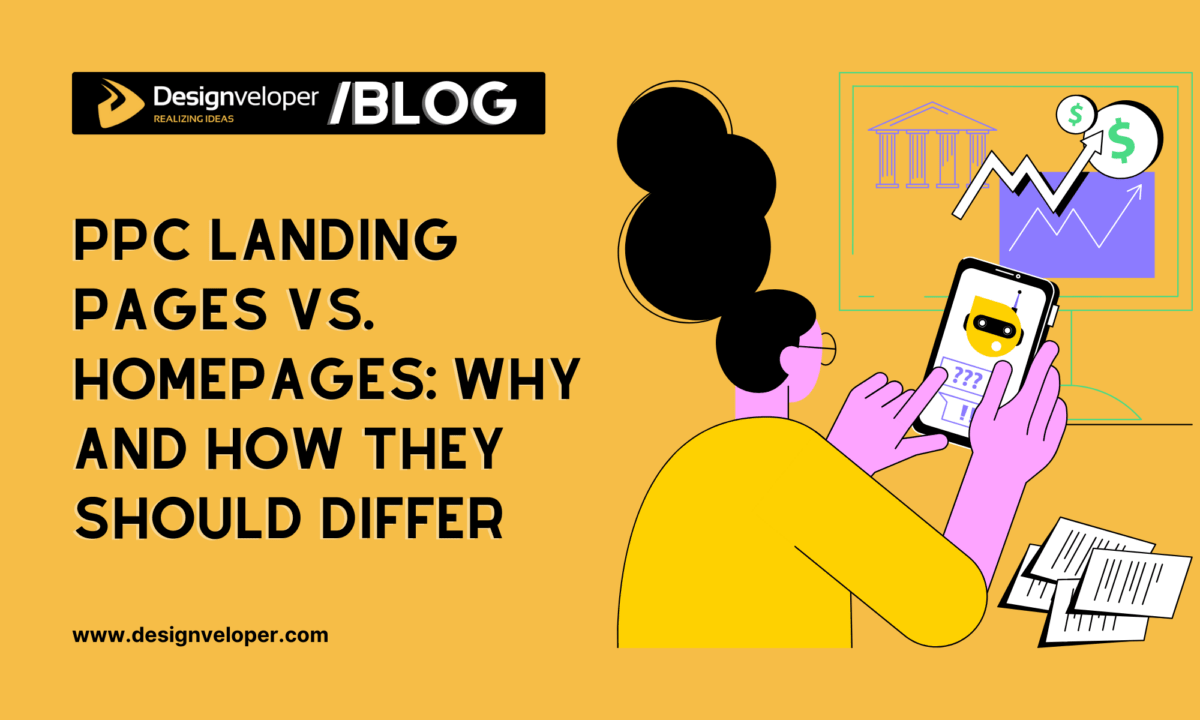How to Choose the Right Social Media Platform for Your Business?
February 06, 2024


In today’s digitally-driven world, social media has become an indispensable tool for businesses to connect with their target audience, build brand awareness, and drive sales. With the myriad of platforms available, each with its unique features and demographics, choosing the right social media platform for your brand is crucial for success. In this article, we’ll delve into the factors to consider when selecting a social media platform that aligns with your brand’s goals and values.
How to Choose the Right Social Media Platform for Your Business?

1. Understanding Your Audience
- Identify your target demographic: Before selecting a social media platform, it’s essential to understand who your target audience is. Consider factors such as age, gender, location, interests, and online behavior.
- Research platform demographics: Different social media platforms attract different demographics. For instance, Instagram and Snapchat are popular among younger audiences, while Facebook has a more diverse user base across age groups. Researching platform demographics can help you determine where your target audience is most active.
- Analyze audience behavior: Beyond demographics, analyze how your target audience engages with content on different platforms. Are they more receptive to visual content, long-form articles, or short updates? Understanding their preferences will inform your platform selection.
FURTHER READING: |
1. Social Media Strategy for Small Businesses |
2. Small Business Management: Top 5 Tools for Success |
3. 10 Email Marketing Tools to Master Your Campaigns in 2024 |
2. Defining Your Brand’s Goals
- Establish clear objectives: Determine what you aim to achieve through your social media presence. Whether it’s increasing brand awareness, driving website traffic, generating leads, or boosting sales, your goals will shape your choice of platform.
- Consider content type: Each social media platform has its strengths when it comes to content types. For example, Instagram is ideal for visually appealing images and videos, while Twitter is great for short, concise updates. Choose a platform that aligns with the type of content you plan to share.
- Set measurable goals: Ensure that your goals are specific, measurable, attainable, relevant, and time-bound (SMART). This will allow you to track progress and adjust your strategy as needed.
3. Analyzing Platform Features

- Assess engagement tools: Look for platform features that facilitate engagement with your audience, such as comments, likes, shares, polls, and direct messaging. These tools can help you build a community around your brand and foster meaningful interactions.
- Explore advertising options: Paid advertising on social media can significantly amplify your brand’s reach and visibility. Research the advertising options available on each platform, including targeting capabilities, ad formats, and budget requirements.
- Evaluate analytics capabilities: Most social media platforms offer analytics tools to track key metrics such as engagement, reach, impressions, and demographics. Leverage these insights to measure the effectiveness of your campaigns and make data-driven decisions.
4. Evaluating Platform Suitability
- Consider industry relevance: Certain industries may perform better on specific social media platforms. For instance, visual-heavy industries like fashion, food, and travel thrive on platforms like Instagram and Pinterest, while B2B businesses may find LinkedIn more conducive for networking and lead generation.
- Assess competitor presence: Analyze where your competitors are active on social media and evaluate their engagement levels and content strategies. While you shouldn’t replicate their approach entirely, understanding their presence can provide insights into platform effectiveness within your industry.
- Evaluate platform culture: Each social media platform has its own unique culture and norms. Familiarize yourself with these nuances to ensure that your brand’s voice and messaging align with the platform’s ethos.
5. Monitoring Platform Trends
- Stay updated on platform trends: Social media platforms are constantly evolving, introducing new features and updates to enhance user experience. Stay informed about the latest trends and changes on each platform to adapt your strategy accordingly and capitalize on emerging opportunities.
- Test and iterate: Don’t be afraid to experiment with different platforms and content strategies to see what resonates best with your audience. Monitor key metrics such as engagement rates, follower growth, and website traffic to gauge the effectiveness of each platform and refine your approach over time.
- Keep an eye on emerging platforms: While established platforms like Facebook, Instagram, and Twitter are popular choices for brands, keep an eye on emerging platforms that may offer unique opportunities for engagement. TikTok, Clubhouse, and Snapchat are examples of platforms that have gained traction in recent years.
Conclusion
In the digital age, selecting the right social media platform for your brand is paramount to achieving success in your marketing efforts. By understanding your audience, defining clear goals, analyzing platform features, evaluating suitability, and monitoring trends, you can make informed decisions that maximize your brand’s visibility, engagement, and ultimately, success.






Read more topics




























































